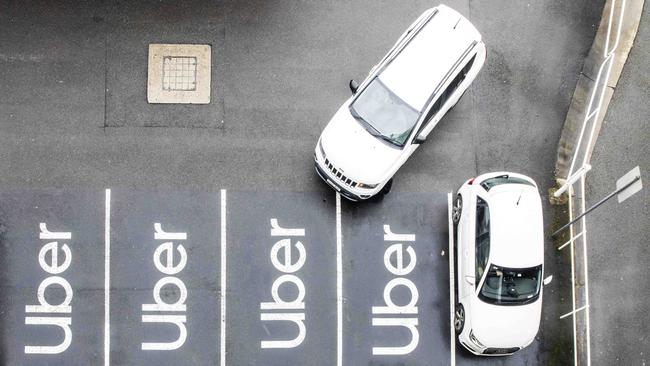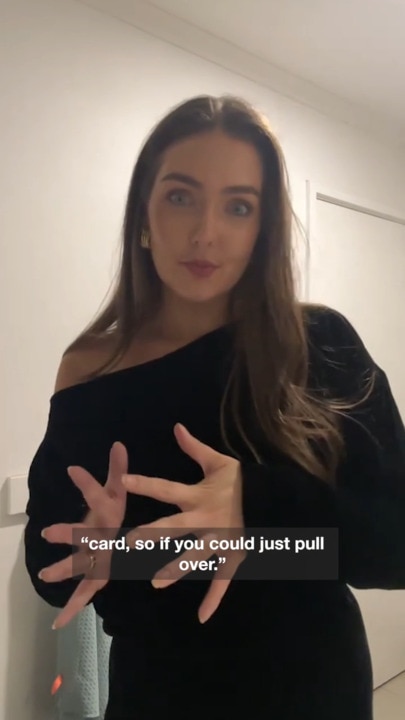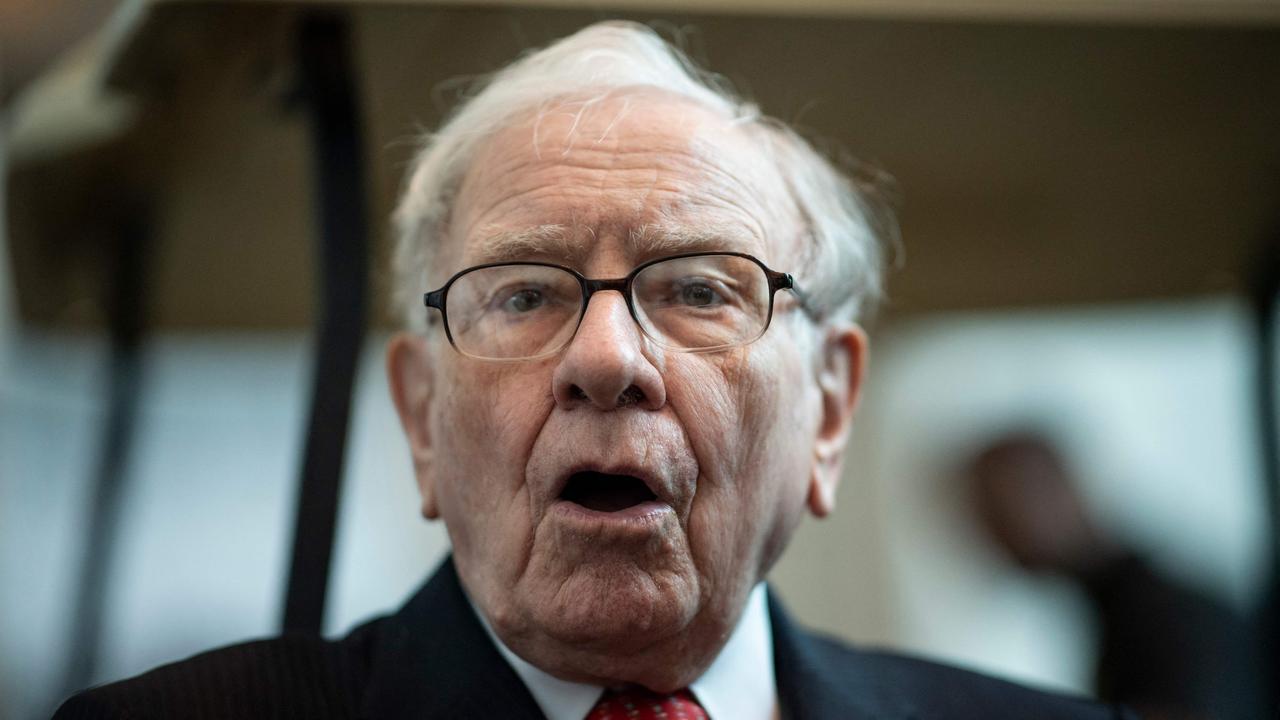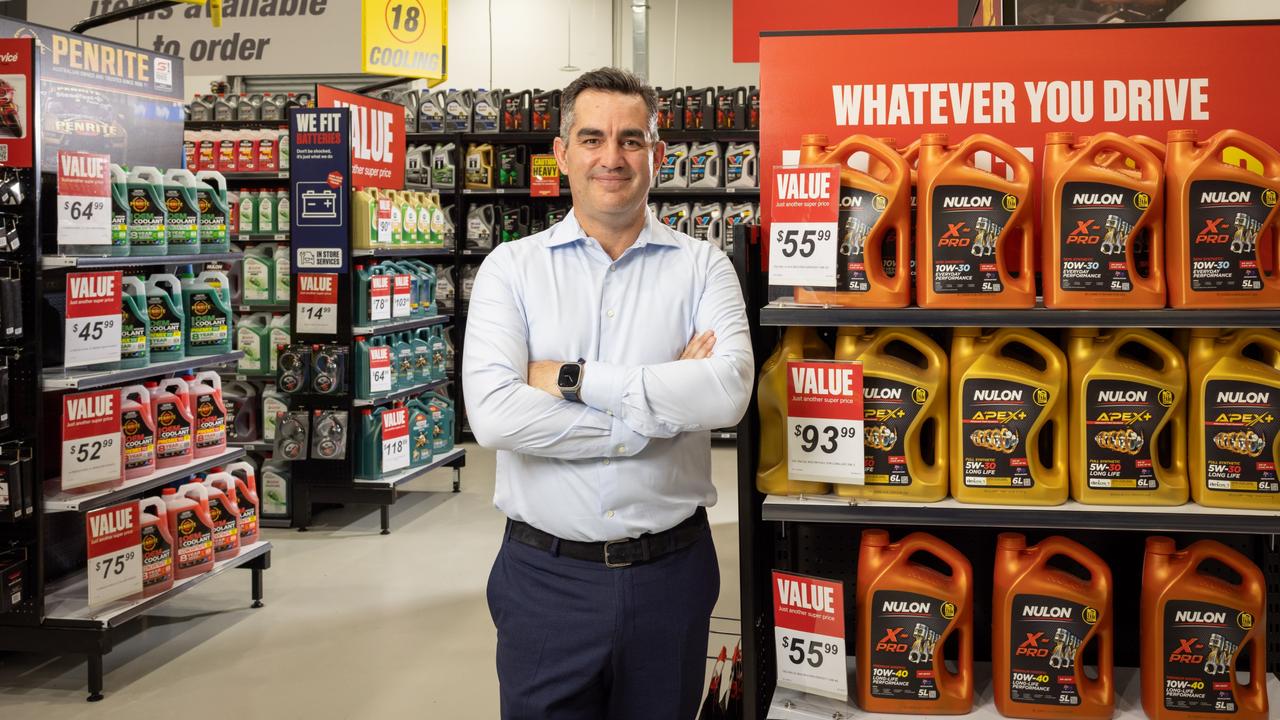Massive settlement against Uber ticked off by Victorian Supreme Court, despite objections
More than 8000 taxi and hire car drivers are poised to claim a slice of a $271m, after a court approved a class action settlement.

More than 8000 taxi and hire car drivers are poised to claim a slice of a $271m settlement with rideshare disruptor Uber, after the Victorian Supreme Court approved a class action settlement.
On behalf of lead plaintiff Nicos Andrianakis, Maurice Blackburn will take $38m out of the total and litigation funder Harbour will take $81m — almost one third of the total settlement.
Three other class actions also brought by Maurice Blackburn against Uber were also settled on Monday and covered by the same judgement, with drivers from across the country including in Western Australia, Victoria, NSW and Queensland for a total of 8701 set to be paid out a portion of the remaining $152m.
Each class action member is likely to receive different amounts, to be calculated on a claim-by-claim basis.
Supreme Court judge Patricia Matthews approved the settlement on Monday, saying the $271m offer was “fair and in the interest of group members” after noting Maurice Blackburn and Uber had likely been negotiating since last December.
“Thousands of drivers, licence owners, operators and network service providers lost significant income and or capital value, and many experienced substantial declines in their livelihoods, which they attribute to the entry of Uber ride-sharing services into the market,” Justice Matthews said in a summary of her reasons.
“The plaintiffs claimed that they, and group members generally, suffered loss and damage by an alleged conspiracy by unlawful means by the Uber companies,” she said.
“They alleged that the Uber defendants had agreed or combined to commit an unlawful act, being to operate the Uber ride-sharing business contrary to regulations between 2014 and 2017, with an intention to injure the plaintiffs and group members. These allegations were denied by Uber.”

Despite approving the settlement offer, Justice Matthews conceded the likely returns “will not recover all that they (taxi drivers) say they have lost”.
Justice Matthews ultimately decided to approve the settlement offer when weighed against the cost of a potentially lengthy trial and “the risks of establishing liability on the part of Uber”.
“No settlement is perfect. By its very nature, settlement involves a compromise, to at least some degree. It is common that with a settlement, not all losses are compensated for. That is to be contrasted with running a matter to verdict following a trial,” she said.
Uber first offered to settle the massive court case without admission of liability the night before a trial in the matter was set to kick off in March, and after it was first launched in 2019.
The case alleged the introduction of Uber into the Australian transport landscape in 2018 caused “significant disruption” to taxi and car hire industries, the court heard.
“Many experienced substantial declines in their livelihoods … (they) attributed that to Uber,” the court heard.
A Maurice Blackburn spokeswoman welcomed the judgement, noting the payout is one of the biggest in history.
“Maurice Blackburn notes that the Supreme Court of Victoria today approved the $271.8m settlement in the Uber class action,” she said.
“We are proud to have secured the settlement, which will be the fifth-largest class action recovery in Australian history.”
Justice Matthews approved the settlement despite about 50 drivers who objected to the proposed settlement sum, who largely complained what they will likely receive is less than the amount they lost.
For example, the owner of two Brisbane taxi licenses Paul Scaini — who travelled to Melbourne to object to the settlement sum — alleged “Uber has directly caused my family damages of close to, if not, over $1m”.
“[I]f you put some numbers on the back of an envelope, you’ll probably come up with about four or five times the amount of the current settlement offer. And the pub test just tells you that the current offer stinks,” Mr Scaini said.
And managing director of Black & White Cabs, Greg Webb, told the court “I see a lack of transparency and available information around the settlement calculations or methodology”.
“Clearly, the $272m, if I round it up, settlement amount is extremely low, when compared to individual group member losses,” he said.




To join the conversation, please log in. Don't have an account? Register
Join the conversation, you are commenting as Logout